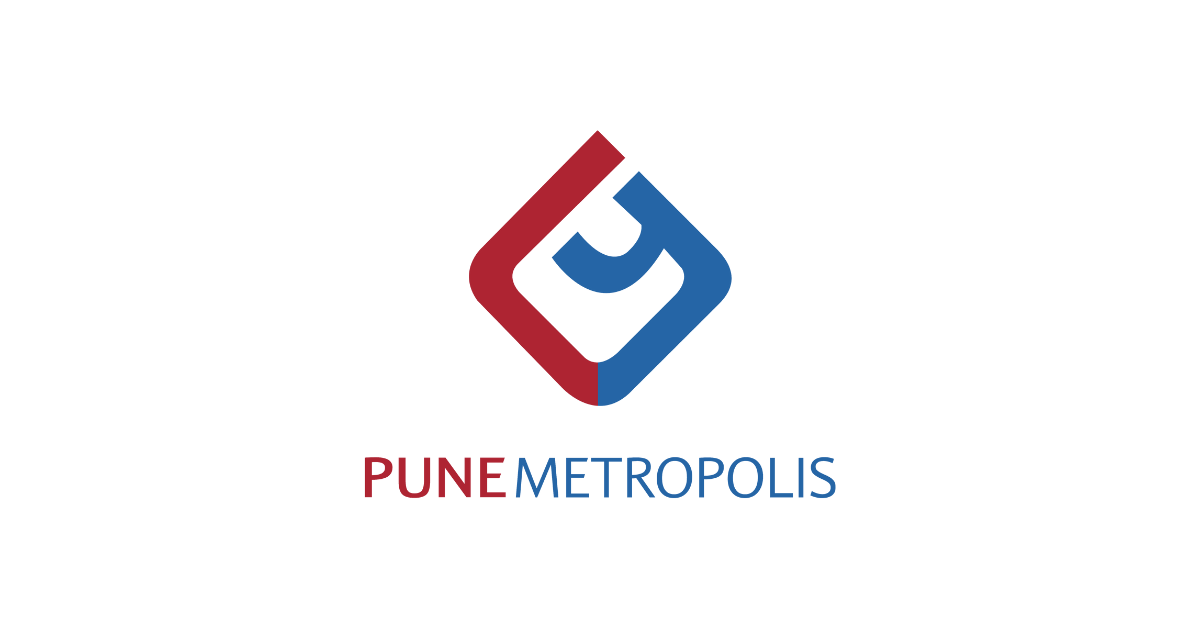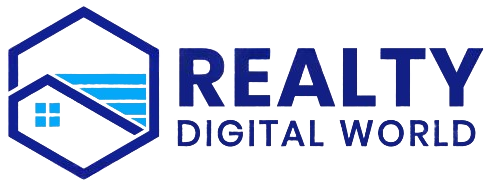Pune pmrda land acquisition for new roads infrastructure
Updated on IN The Pune Metropolitan Region Development Authority (PMRDA) has initiated the land acquisition process for 150 proposed new roads and approximately 85 hectares of reserved plots across the Pune Metropolitan Region (PMR). Starting on May 28, the move aims to boost infrastructure development and ease traffic congestion in the area. This significant undertaking…

The Pune Metropolitan Region Development Authority (PMRDA) has initiated the land acquisition process for 150 proposed new roads and approximately 85 hectares of reserved plots across the Pune Metropolitan Region (PMR). Starting on May 28, the move aims to boost infrastructure development and ease traffic congestion in the area.
This significant undertaking covers key talukas including Maval, Haveli, Mulshi, and Shirur. The PMRDA’s focus on these areas is designed to facilitate well-planned urban development throughout its expansive jurisdiction, which covers 6,246.26 square kilometres.
According to the Request for Proposal (RFP), a selected consultant will manage all legal and procedural aspects of the land acquisition. This includes compulsory acquisition, direct purchase negotiations, and adherence to procedures outlined in the Land Acquisition, Rehabilitation and Resettlement Act, 2013. The PMRDA is committed to a transparent and legally sound process throughout this crucial infrastructure development phase.
Road Projects Overview
The PMRDA’s ambitious plan for new roads encompasses a diverse range of projects designed to improve connectivity across the Pune Metropolitan Region. These projects include arterial roads, feeder routes, and bypasses, all strategically planned to decongest existing traffic bottlenecks and support future urban expansion. A significant focus is on enhancing access to key industrial zones and agricultural areas, thereby stimulating economic growth and creating new opportunities for businesses and residents. The development of these new roads will improve transport links for rural communities, integrating them more effectively with the urban centres of Pune.
Beyond the construction of new roads, the land acquisition also targets the development of reserved plots for essential public amenities. These reserved plots are earmarked for facilities such as schools, hospitals, parks, and community centres. By securing these plots in advance, the PMRDA aims to ensure that the infrastructure required to support a growing population is readily available. This proactive approach to urban planning will help create sustainable and liveable communities across the PMR. The integration of these reserved plots is a key element of the overall development strategy.
The proposed new roads will not only alleviate traffic congestion but also contribute to reduced travel times and improved air quality in Pune and surrounding areas. The PMRDA anticipates that the enhanced infrastructure will attract further investment and development, creating a positive cycle of economic growth and improved quality of life. The PMRDA’s comprehensive approach to land acquisition and infrastructure development underscores its commitment to creating a well-connected and sustainable metropolitan region for the benefit of all its residents. These projects mark a significant step forward in addressing the growing infrastructure needs of the Pune Metropolitan Region.
Compensation And Rehabilitation
A critical component of the PMRDA’s land acquisition strategy is ensuring fair compensation and comprehensive rehabilitation for affected landowners and communities. The PMRDA is committed to adhering strictly to the guidelines set forth in the Land Acquisition, Rehabilitation and Resettlement Act, 2013, which mandates a just and equitable compensation framework. This framework considers various factors, including the market value of the land, the value of any assets on the land (such as buildings or crops), and potential loss of livelihood.
Beyond monetary compensation, the PMRDA recognises the importance of providing effective rehabilitation and resettlement support to those displaced by the land acquisition process. This includes offering alternative housing options, providing assistance with relocation, and facilitating access to employment and training opportunities. The PMRDA is also exploring options for community-based rehabilitation programmes, designed to minimise disruption and ensure that affected communities can rebuild their lives successfully. Special attention will be given to vulnerable groups, such as the elderly, disabled, and those from marginalised communities, to ensure their specific needs are addressed.
To ensure transparency and inclusivity, the PMRDA is conducting extensive consultations with affected communities throughout the land acquisition process. These consultations provide a platform for landowners and residents to voice their concerns, ask questions, and provide feedback on the proposed compensation and rehabilitation packages. The PMRDA is committed to addressing legitimate grievances and making necessary adjustments to the plans based on community input. This collaborative approach aims to build trust and ensure that the land acquisition for new roads and development proceeds in a fair and sustainable manner. The PMRDA believes that the success of the infrastructure projects hinges on the well-being of the people impacted by the land acquisition.
